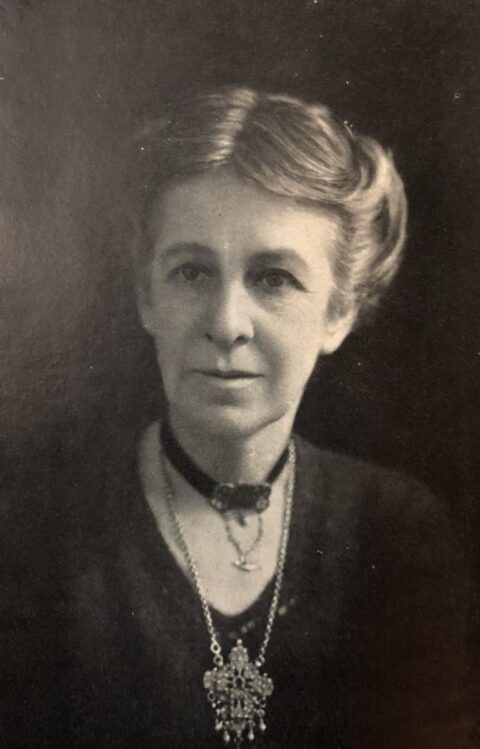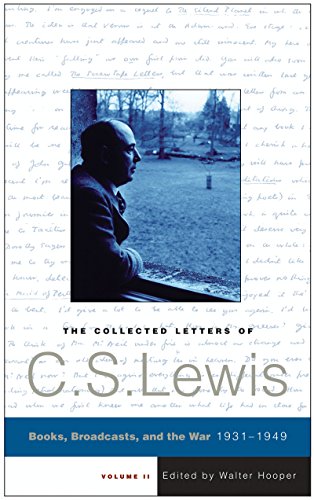I have a little box published by The Upper Room consisting of, as it is titled, Living Selections from Devotional Classics. I’ve had this box of devotionals since the 1980s and don’t recall when I last dived into it. Over the past weeks, I’ve done some diving. The first ones to attract me, which I began using in my devotions each day, were selections from The Imitation of Christ, The Cloud of Unknowing, Brother Lawrence’s The Practice of the Presence of God, William Law’s A Serious Call to a Devout and Holy Life, and excerpts from the diary of John Wesley.
Then I opened the booklet of selections from the Anglican mystic Evelyn Underhill. The name was familiar, but I really knew nothing about her. I was surprised to see that I had read the booklet previously (probably about 35 years ago) and had been impressed enough with it that I had marked many passages. My rereading of these selections has resulted in adding to those markings, as her comments mean even more to me these many years later.
There is a vibrancy in her wording that makes one meditate on her thoughts. In reading about her, I realized that although she was older than C. S. Lewis, their lives did overlap. Two Anglicans who might have known each other perhaps?
As I continued reading, I discovered that the 1943 edition of her letters was edited by Charles Williams, who also wrote the introduction to the volume. Since Lewis and Williams were great friends, I decided to check volume two of the Lewis letters to see if Lewis and Underhill had ever corresponded with one another. There were two exchanges of letters between them, one in which she critiqued his chapter on animal pain in The Problem of Pain, but Lewis answered with grace to that criticism. It’s the other exchange, though, that fascinated me.
On 26 October 1938, Underhill offered unstinting praise for the recently published Out of the Silent Planet, calling it a remarkable book. Then she gave her reasons for that assessment:
It is so seldom that one comes across a writer of sufficient imaginative power to give one a new slant on reality: & this is just what you seem to me to have achieved. And what is more, you have not done it in a solemn & oppressive way but with a delightful combination of beauty, humour & deep seriousness.
I enjoyed every bit of it, in spite of starting with a decided prejudice against “voyages to Mars.” I wish you had felt able to report the conversation in which Ransom explained the Christian mysteries to the eldil, but I suppose that would be too much to ask. We should be content with the fact that you have turned “empty space” into heaven!
One reason I delighted in finding this gem from Underhill is that I’m in the process of developing a course on the Ransom Trilogy, have just reread Out of the Silent Planet, and recently wrote a blog on the empty-space vs. heavens concept based on that reading.
Lewis’s response, in my opinion, was equally delightful. “Your letter is one of the most surprising and, in a way, alarming honours I have ever had,” he began. Why? He was comparing her decades of Christian witness to his short time as a Christian. “I have not been for very long a believer and have hitherto regarded the great mystical writers as a man in the foothills regards the glaciers and precipices: to find myself noticed from regions which I scarcely feel qualified to notice is really quite overwhelming.”
It’s interesting that we consider Lewis to be one of those great writers, but here he is at the beginning of his Christian writing ministry feeling rather awed that he is being recognized by someone that he obviously had read and appreciated. “In trying to thank you,” he continued, “I find myself regretting that we have given such an ugly meaning to the word “Condescension” which ought to have remained a beautiful name for a beautiful action.”
He also was pleased with her acknowledgement of how he portrayed the heavens in the book:
I am glad you mentioned the substitution of heaven for space as that is my favourite idea in the book. Unhappily I have since learned that it is also the idea which most betrays my scientific ignorance: I have since learned that the rays in interplanetary space, so far from being beneficial, would be mortal to us. However, that, no doubt, is true of Heaven in other senses as well.
So am I going to incorporate this exchange in my course on the Ransom Trilogy? How could I not? I look forward to expanding the knowledge of those three books in any way I can—for me as well as for those who will choose to take this course.



